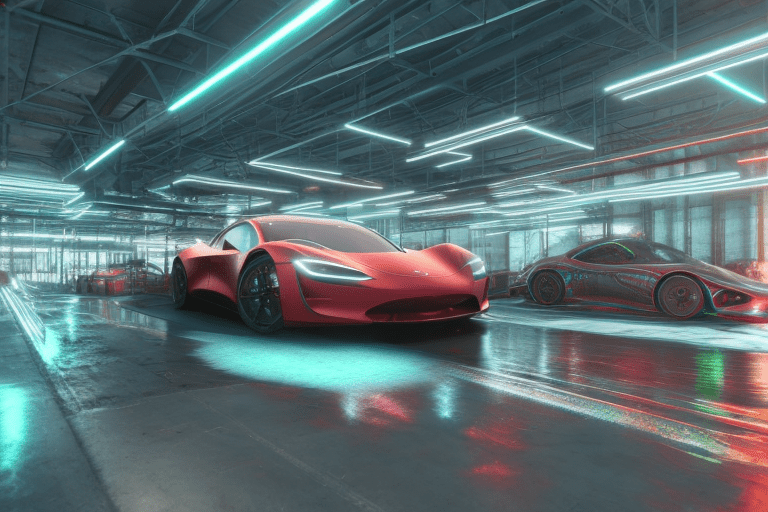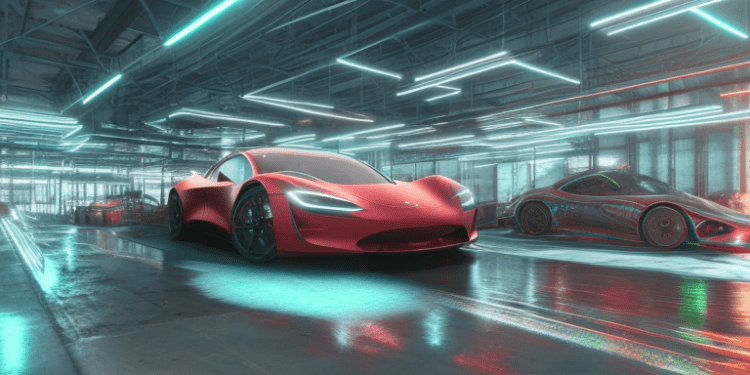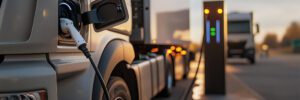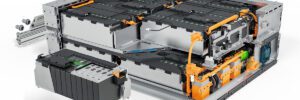Tesla has taken a major step towards securing its supply chain for electric vehicle (EV) batteries. The company has entered into a Binding Offtake Agreement with Australia-based Magnis Energy Technologies, “a vertically integrated lithium-ion battery technology and materials company,” for anode active materials (AAM). Magnis is developing a graphite mine in Tanzania where it plans to extract “ultra-high-purity natural flake graphite.” Tesla plans to purchase at least 17,500 tons per year (tpa) starting from February 2025, and has an option to buy up to 35,000 tpa for a 3-year term at a fixed price.
The agreement also specifies that Magnis will build a US facility to process the graphite into AAM for use in EV batteries. This is a major move for Tesla, as it is looking to establish domestic sources of raw materials and onshore the processing of specialized materials required for batteries, which currently takes place mostly in China.
Tesla is no stranger to building its own supply chain, and this agreement is another example of the company’s proactive approach. The agreement is conditional on Magnis securing a final location for its commercial AAM facility by 30 June 2023, producing AAM from a pilot plant by 31 March 2024, commencing production from the commercial AAM facility by 1 February 2025, and customer qualification.
Magnis is also an investor and partner with C4V, a New York-based battery tech firm, and part owner of iM3NY, which recently began producing batteries at a new plant in Endicott, New York. This agreement with Tesla is yet another indication of the company’s commitment to developing its own supply chain for EV batteries.
FAQ
Q1: Are electric car batteries recyclable?
A1: Yes, electric car batteries are recyclable.
Q2: Are electric car chargers free?
A2: It depends on the charger and the location. Some electric car chargers are free, while others may require a fee.
Q3: Can electric car batteries be rebuilt?
A3: Yes, electric car batteries can be rebuilt with the right tools and knowledge.











